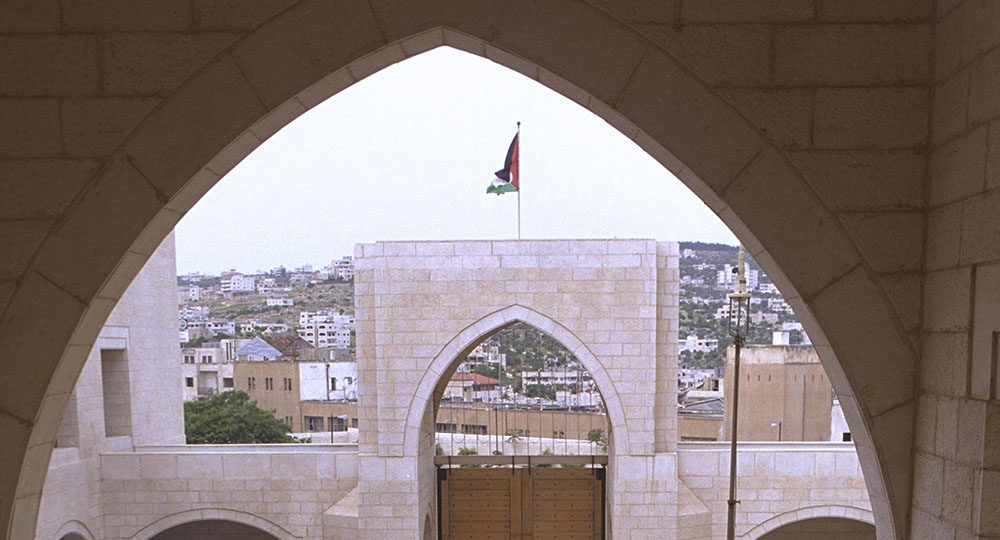


Two thousand years ago a young Jewish woman and her husband came to the town of Bethlehem, in Jewish Judea, to be registered for taxation. Their permanent residence was Nazareth.
Some Jewish people think that Christianity is confused and splintered. They point out that there are Methodists, Baptists, Presbyterians, Lutherans, Catholics, Pentecostals, and many other divisions. Within those groups there are conservatives...
The Jewish expression “Eat kosher but think trayf [non-kosher]” encapsulates the ideology of one of the more popular branches of modern American Judaism. An attempted medium between the traditional and liberal wings of Judaism...
A Christian woman was interested in the beliefs of Reform Judaism. She asked her Jewish friend what a Reform Jew believes. The friend responded, “Be a good spouse and parent, work hard, be honest...
Within the world of Orthodox Judaism there is a group of intensely religious Jews whose influence and significance far outweigh their number. Termed ultra-Orthodox by outsiders, they are more properly known as Hasidic Jews...
When John “opened the seventh seal, there was silence in heaven about the space of half an hour” (v. 1). This seventh seal contains the seven trumpet and seven bowl judgments.